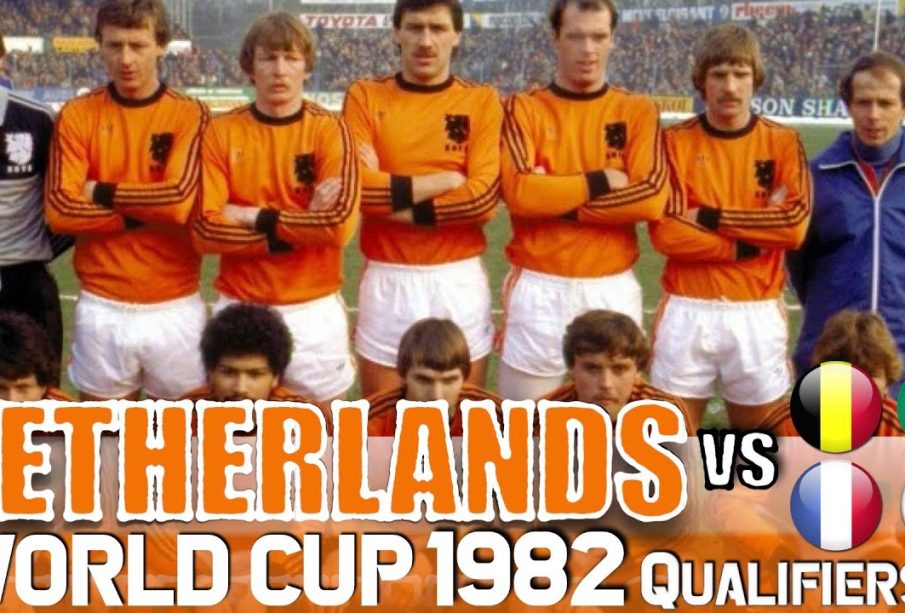Exploring the Netherlands: Culture, Economy, and Current Events

Introduction
The Netherlands, renowned for its scenic landscapes, progressive policies, and robust economy, has become a focal point of interest globally. As a member of the European Union, the nation plays a crucial role in international trade and cultural exchanges. With its rich history, modern advancements, and ongoing challenges, understanding the Netherlands is vital for appreciating its impact on Europe and the world.
Culture and Society
The Netherlands boasts a unique blend of tradition and modernity in its culture. From the iconic tulip fields to the historical canals of Amsterdam, its aesthetic charm is complemented by a diverse demographic. The country is home to various festivals, including King’s Day and the North Sea Jazz Festival, which reflect its vibrant traditions.
Moreover, the Dutch society is known for its progressive stance on social issues, including gender equality, LGBTQ+ rights, and environmental sustainability. Recent policies aimed at reducing carbon emissions and promoting renewable energy have positioned the Netherlands as a leader in fighting climate change.
Economy Overview
Economically, the Netherlands is one of Europe’s strongest countries, with a high GDP per capita and an open economy that thrives on international trade. Key sectors include agriculture, technology, and logistics. The country is the largest exporter of agricultural products in the world, attributed to its innovative farming techniques.
In recent months, the government has focused on addressing inflation and its impact on consumers, implementing measures to support households and businesses. The Dutch Central Bank has indicated that economic growth is expected to remain stable, although external factors such as global supply chain disruptions pose challenges.
Current Events
Politically, the Netherlands is currently facing discussions around immigration policy reform, with debates intensified due to increasing refugee inflows and economic migration. The government is balancing national interests with humanitarian obligations, navigating complex domestic sentiments around immigration.
Furthermore, as part of the EU, the Netherlands participates in ongoing discussions regarding energy independence and digital advancements in response to the changing geopolitical landscape, particularly in light of the conflict in Ukraine.
Conclusion
The Netherlands continues to be a nation of interest, characterised by its rich cultural heritage and significant economic contributions. As it grapples with societal challenges and external pressures, the nation’s capacity to adapt reflects its resilience. For those keen on understanding European dynamics, the developments in the Netherlands will likely serve as a key indicator of broader trends. Keeping abreast of the Netherlands’ policies and cultural shifts remains essential for those engaged in international affairs.









